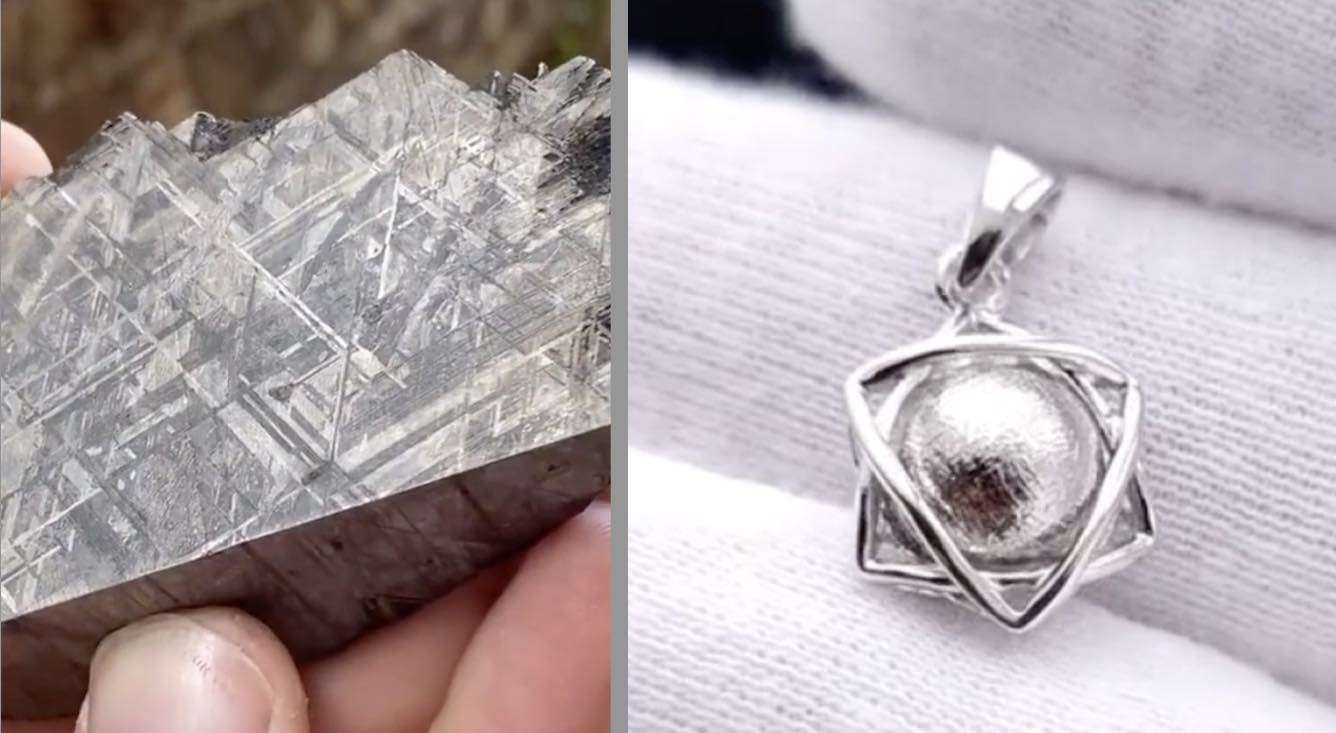Children Do Much Better in Math When Music is Added to the Lesson: New Study
A new study explored the causal role that music engagement has on student achievement in mathematics—and they found a significant benefit.

A man who hunts for pieces of comets that fell to Earth has created a business by making the ancient space debris into jewelry.
Emil Davidsson has made a name for himself showcasing his skill for hunting meteorites.
The 31-year-old from Buenos Aires, Argentina, documents his adventures collecting meteorites in online videos, then crafts the rocks into jewelry creations he sells online.
His pendants cost around $100 made from small fragments of the meteorites he estimates to be between one million and 4.5 billion years old.
He also makes watches with prices starting at around $395, and rings for $130.
Emil has been hunting for meteorites for a decade and says they are "extremely rare and difficult to find."
He has been on serious expeditions to both the coldest place on Earth-the Arctic Circle-and the driest place on Earth-the Atacama Desert-to find his treasured space debris.
"Every year, I would go on expeditions lasting four to five months above the Arctic Circle.
A special metal detector he uses has pulse indicators that emit high-amperage signals, creating electromagnetic fields around the detector. When there is a metal object "the field collapses" creating a spike in voltage that is represented as sound.
If the meteorite is not on the surface he has to dig down into the soil by hand, which can sometimes be up to ten feet deep (3 meters). The finds are truly out of this world.
"Each type of meteorite requires a different process since all meteorites are unique," explained the craftsman who resides in Bali, Indonesia. "For example, iron meteorites, are composed of 92-99% iron.
"After we cut them into slices, we need to stabilize them using various methods because if we don't do that they tend to rust.
Additionally, they use nitric acid to reveal the meteorite's distinctive structure known as the Widmanstí¤tten pattern-one of the most remarkable features of certain meteorites (pictured above, left).
"It forms through the slow cooling of molten metal over millions of years resulting in the formation of exquisite crystalline 3D patterns.
"This unique crystallization process cannot be replicated on Earth as it requires extreme outer space conditions over millions of years."
"These meteorites originated as remnants from the formation of our solar system, making them older than our planet itself. By holding a meteorite in your hand, you are touching the oldest material you could ever come into contact with.
"Some meteorites come from the Asteroid Belt located between Mars and Jupiter (so) they have also traveled millions of miles through space."
Eventually, due to chance and the gravitational pull of Earth, they fell randomly in remote locations-and thousands of years later, Emil finds some of them with his metal detector.
SHARE This Other-Worldly Gift Idea With Pals on Social Media…
Be the first to comment